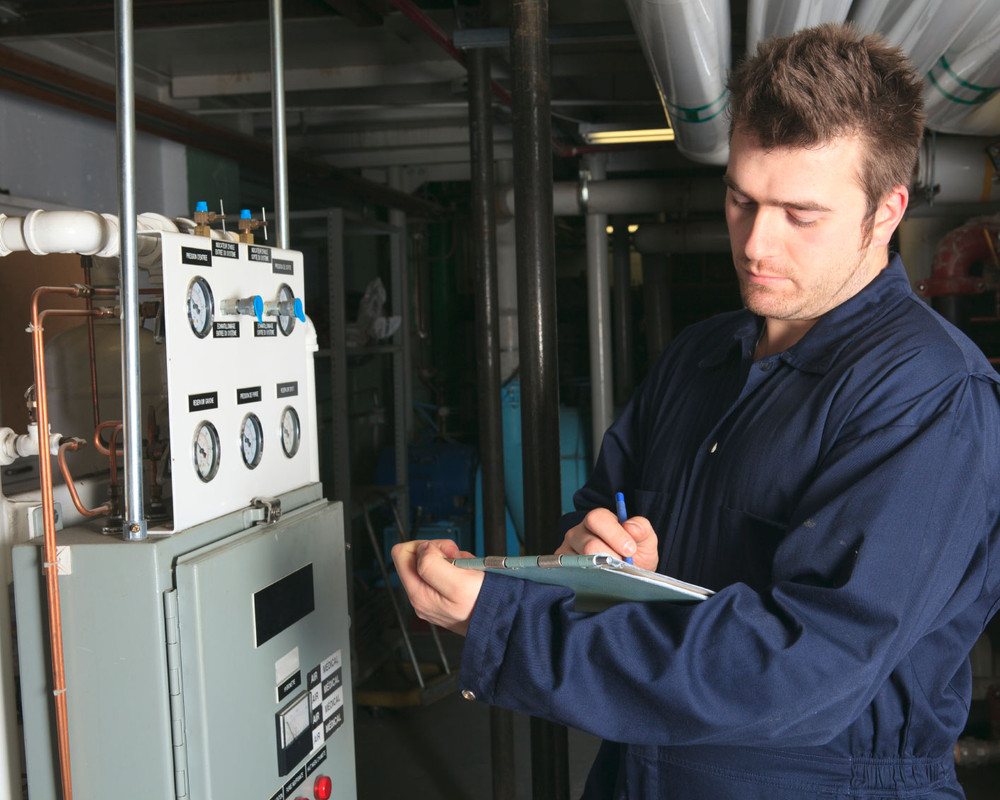Important Questions to Ask Prior To Investing in a New Air Conditioning Unit or Heating System

Learn when it's time to replace your HVAC system and what to understand prior to you buy.
Whether you live in a warm or cold environment, it's constantly a good concept to have a look at your heating, ventilation and air conditioning (HVAC) system.
How do you understand if you require a new system-- and what do you require to understand before purchasing a brand-new HEATING AND COOLING system to make a smart purchase?
When to Replace
You may need to replace your system if any of these obvious signs occur:
- You see a spike or upward trend in your energy bills.
- You're spending for regular repairs.
- Your house isn't as comfortable as you would like it to be; perhaps it has locations or cold spots, is too dry or too damp, or has large temperature level swings.
- Your boiler, heating system or a/c unit is more than 12 years old.
Follow these general standards to estimate the lifespan of your system: Condensers and air handlers usually last 12 to 17 years; boilers normally last 15 to 25 years; and heaters can last 15 to twenty years.
Connect with somebody well-informed and credible to help you understand whether you require to replace any part of your system. Many A/C companies provide a no-cost examination of your existing system and will discuss choices.
What to Ask
To determine if you need a brand-new HVAC system, answer the following questions:
1) How essential is energy effectiveness to you?
There are a great deal of measurements for efficiency, and each system has its own type of measurement. It's always a sure thing to pick an ENERGY STAR-certified system.
2) What's the return on investment?
There's typically a seven-to-15-year payback period for a brand-new condenser, air handler, boiler or furnace. Having these brand-new items will assist increase your house's resale worth.
3) What size unit do I require?
Size is determined with a load estimation. For example, the boiler computation is based on the number and size of radiators and baseboards. Air conditioning, heatpump and heating system loads are based mainly on cubic video, but there are other aspects, consisting of the direction your home faces, insulation, and the size, type and number of windows you have. Needless to say, it gets made complex. A/C experts have software application that can carry out the computation for you.
4) Exist other expenditures connected with installation?
There could be included expenses, if, for example, someone requires to update their electrical panel to accommodate the AC system. Think about if you want a humidifier or air cleanser-- an excellent idea if somebody in the house has allergies, asthma, dry skin or bloody noses.
5) What system is best for me?
This response depends upon your budget and the comfort you want. A higher-end system will be more efficient, give you more of even temperature levels throughout your house and have less humidity swings, Kenyon says.
You might also consider your roi. If you're going to be in your home https://furnace-repair-toronto.ca for 20 years, you may wish to spend more for a higher-end system.